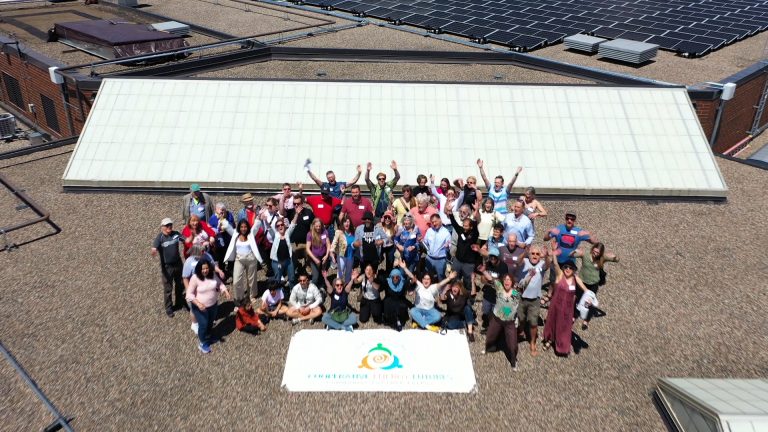Question: How does a comparatively small foundation get fund managers with $1.5 trillion dollars to stand up and be counted on climate change? Answer: Ask them.
On the day the Trump Administration withdrew the United States from the Paris Agreement, The McKnight Foundation emailed its fund managers with a simple request: please join an investor letter on climate mitigation ahead of the G20 meeting in Germany. It urged participating governments to implement the Paris Agreement and drive low-carbon investments. The letter underscored that influential economic actors want action on climate. At the time, it was already signed by 280 asset owners and managers with $17 trillion, so our managers wouldn’t be first movers.
Foundations as Investment Clients
This strategy is simple. Every endowed foundation is an institutional investor, paying fees to its fund managers, and therefore every foundation is a client. And when a client asks a financial service provider to do something, the provider considers it and determines how to act. As clients and market participants, foundations can wield considerable influence as investors to advance their mission. And it’s not a big deal. Like in all business relationships, the counterparty can say no. And some did. But asking is still worthwhile. So what happens when you ask? Here are the results of McKnight’s request to 26 investment service providers to sign a letter on climate change:
- 9 managers said no;
- 3 managers said they would try, and we heard no more;
- 3 managers didn’t respond
- 4 managers reported that they had already signed (hooray!); and
- 7 managers, representing $1.5 trillion, said yes (hooray again!)
In sum, we achieved a 27% conversion rate. Not bad. And what about all those no’s? In some cases they are as satisfying as the affirmative responses because the inquiry provoked valuable conversations inside those institutions. In two cases, fund managers debated the request with their much larger and more powerful parent companies. One fund manager wrote to us expressing regret for not being able to participate. This person, who personally pushed hard for the initiative, was grateful for the client request and asked that we continue to send the firm such inquiries in the future. Hopefully, this fund manager indicated to us, the firm will be in a better position to say yes. This is a step forward as it primes companies for the next occasion when they may be more ready to take action.
A Signal that Climate Change is Material to Our Portfolios
When foundations ask fund managers to act on climate, we signal to the CEO, the General Counsel, and the head of the institutional business that climate change is material to safeguarding our portfolios. We also provide ammunition to internal champions who are trying to make change at a firm. And what about the transaction costs? The best news of all for busy foundation staff is that leveraging client strategies is free and not particularly time consuming. In this instance, the G20 letter was written and organized by six reputable global investor groups. All McKnight had to do was send an email to our managers and follow up. We estimate this project took three hours of staff time (in fact, this blog post will probably require more time staff wide). Given that McKnight mobilized $1.5 trillion and started important dialogues at influential financial institutions, I would say that’s a pretty spectacular return on a small investment. With just a simple ask, we were able to add strength to a worldwide campaign that ended up signing up nearly 400 investors representing $22 trillion. Now that’s a request worth making.




